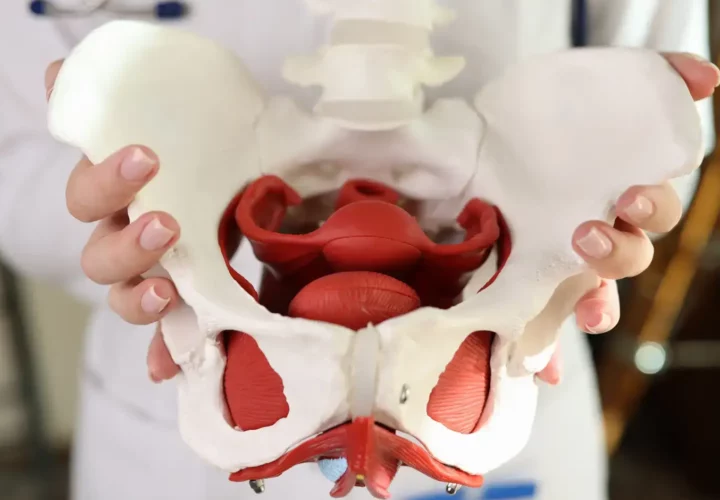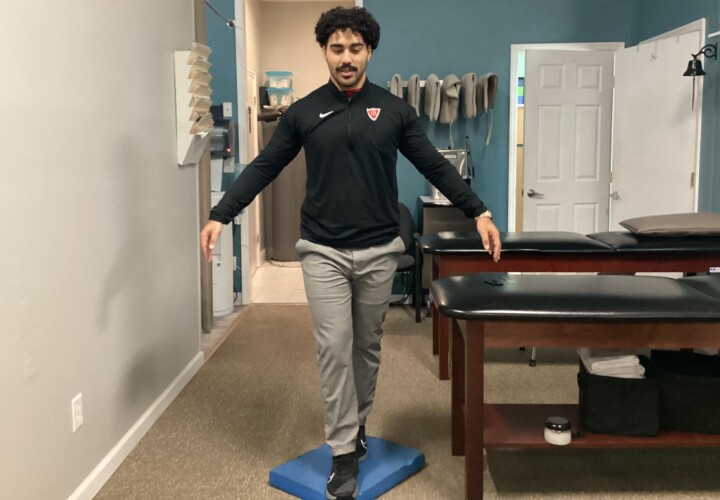Yesterday my grandfather messaged me saying he had to be picked up from work (he’s a truck driver) because his body gave out. After some tests and blood work, he found out he had diverticulitis. He explained it to me as the digestive tract having pouches and they can become infected resulting in diverticulitis.
Causes
While there is no single known cause for diverticulitis, there are quite a few factors believed to contribute to its development. Some experts believe genetic factors and environmental factors play a part while some believe a diet low in fiber plays a role. Reports have shown where fiber intake is large, such as Africa or South Asia, diverticulitis is very uncommon. But, in Western countries where fiber intake is low, diverticulitis is very common.
This disease develops when pouches, or diverticula, form along your digestive tract. Though typically they form in the large intestine, also known as your colon. When the diverticula become inflamed or infected, diverticulitis develops. This happens because feces or partially digested food blocks the opening of the diverticula.
Symptoms
Symptoms range from mild to severe and can appear right away or develop over time.
Potential symptoms include:
- Pain in the abdomen
- Bloating
- Diarrhea
- Constipation
If you have developed diverticulitis, you may experience one or more of the following:
- Constant or severe pain in the abdomen
- Nausea or vomiting
- Fever and/or chills
- Blood in your stool
- Bleeding from your rectum
Diagnosing
In order to properly diagnose diverticulitis, your physician will ask questions about any symptoms, health history, and medications you may be taking. More than likely a physical exam will need to be performed to examine your abdomen for tenderness. If more information is needed, a digital rectal exam may be done. This checks for any rectal bleeding, pain, masses, or other problems. More than 75% of cases are uncomplicated leaving just under 25% of cases to develop complications.
A few other conditions may also cause symptoms similar to diverticulitis. To rule these out, your physician may order one or more of the following tests:
- Abdominal ultrasound, abdominal MRI scan, abdominal CT scan, or an abdominal Xray.
- Colonoscopy
- A stool test
- This helps check for any infections
- Urine test
- This helps check for any infections
- Blood test
- Pelvic exam
- Helps rule out any gynecological problems in women
- Pregnancy test
Complications that can develop include:
- Abscess
- Infected pus pockets
- Phlegmon
- Fistula
- An abnormal connection that can develop between two organs or between an organ and the skin
- Intestinal perforation
- Intestinal obstruction
- A blockage in your intestine that can stop stool from passing
Treatment
Treatment will depend on the severity of your condition. Uncomplicated cases can typically be treated at home with a few changes to the diet and in some cases medication. However, if you develop a few complications, you may need to visit the hospital for treatment. Fluids and antibiotics through an IV are a few options. Surgery may be viable or needle drainage to drain an abscess of pus.
Though more research needs to be done to fully know how to prevent diverticulitis, there are ways you can modify your life. These include maintaining a healthy weight, eating a diet high in fiber, get enough Vitamin D, and avoid cigarette use. If you believe you may have developed diverticulitis, then you need to see a doctor right away as you don’t want your case to worsen. If you have any questions do speak with your doctor. They will help you learn more about this disease and how to support your digestive health!



